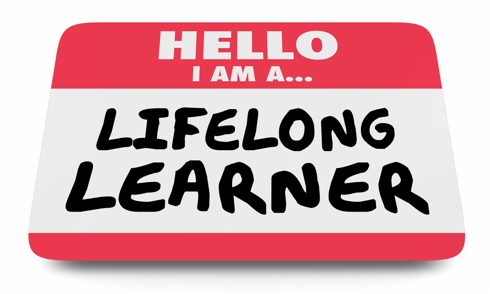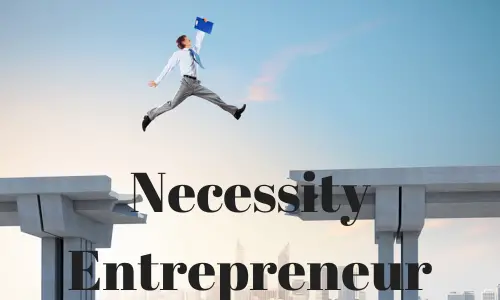Podcast #335 – Are You Prepared to be an ‘After the Age of 50’ Entrepreneur? Description: In this episode I am speaking with Wendy Mayhew who is the author of WISER: The Definitive Guide to Starting a Business after the Age of 50. This is a rebroadcast of episode 180 I recorded with Wendy in early 2020. I […]
Start Living a Portfolio Life Today with Christina Wallace’s Advice and Inspiration [Podcast]
Podcast #321 – Start Living a Portfolio Life Today with Christina Wallace Description: In this episode I am speaking with Christina Wallace who is the author of The Portfolio Life: How to Future-Proof Your Career, Avoid Burnout, and Build a Life Bigger than Your Business Card. This book was written targeting millennials however, I think it […]
How Lifelong Learning Can Boost Your Entrepreneurial Venture
Lifelong Learning Can Boost Your Entrepreneurial Venture Through lifelong learning, achieving success as an entrepreneur may not be easy, but it is attainable. One of the key factors that contribute to the success of an entrepreneurial venture is a lifelong commitment to learning. The ability to continuously learn and adapt is crucial for any entrepreneur […]
Kickstart Your Business @50+ with Solène Oudet and Blissen [Podcast]
Podcast #310 – Kickstart Your Business @50+ with Solène Oudet and Blissen Description: In this episode, I am speaking with Solène Oudet from Blisson.io and she runs the Kickstart Your Business at 50+ boot camps. I learned about what Solène was doing from Vicki Soll, who is a former community member and was on the podcast […]
Starting Your Own Business? What is Stopping You?
Starting Your Own Business? Are you starting your own business in 2020? If you are you are not alone. There has been an explosion of business formation applications in 2020 (census.gov). What the census bureau has not published is the age ranges of the people who have formed businesses. We are expecting that in the […]
Entrepreneurship in the 2nd Half of Life – Now is the Time
Entrepreneurship in the 2nd Half of Life COVID-19 will push many of you into entrepreneurship in the 2nd half of life. I wrote about this previously in the post The Necessity Entrepreneur – A Path to Freedom and on the podcast episode, Are You Prepared to be an ‘After the Age of 50’ Entrepreneur? Many of […]
Is Full-Time Employment a Good Career Strategy?
Is Full-Time Employment a Good Career Strategy? You have to wonder if full-time employment is a good career strategy. We are living through the 3rd major economic downturn caused by a major disruption in the world in the last 20 years. First, we had 911 and the dot-com bust. Then came the great recession caused […]
The Necessity Entrepreneur – A Path to Freedom [Updated]
The Necessity Entrepreneur A necessity entrepreneur is someone who has turned to entrepreneurship because they cannot find a job or another method to create income. Many see becoming an entrepreneur as a path to freedom. They are finally free from working for someone else and have some control over their livelihood. A typical necessity entrepreneur […]
Next for Me: A Guide to Startups for Dreamers [Book Review]
Next for Me While targeted to entrepreneurs over 50, Next for Me is really for anyone creating a new business. The authors and business partners, Carole McManus and Jeff Tidwell, are two self-described “time-tested Silicon Valley professionals” with careers spanning startups to Fortune 500 companies. They don’t claim to know the secret formula for success. […]









